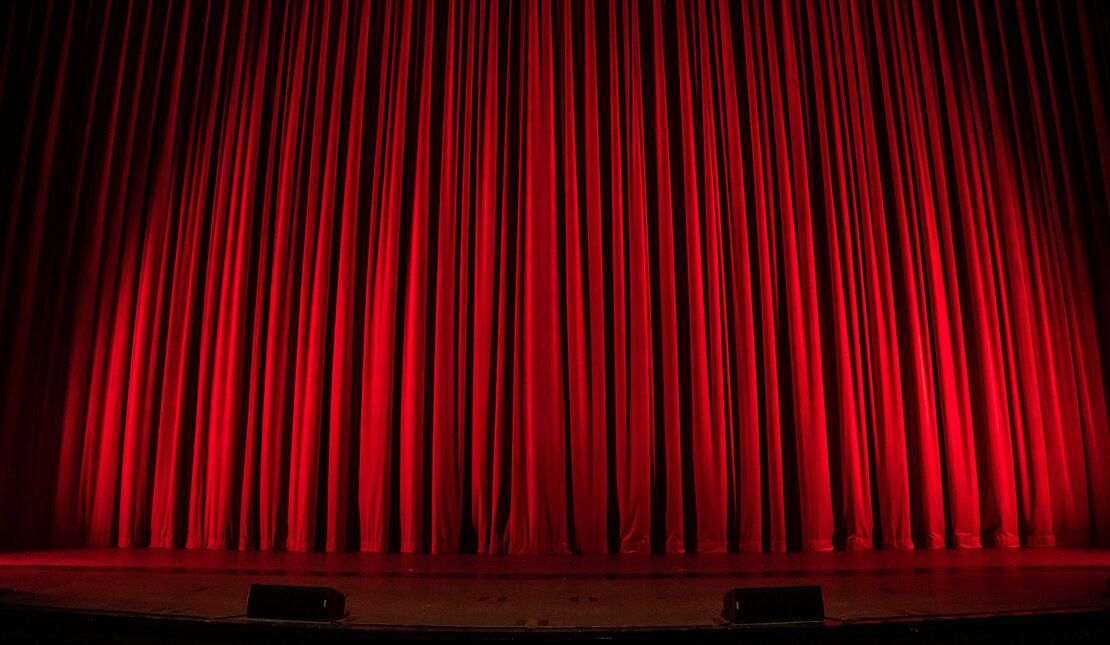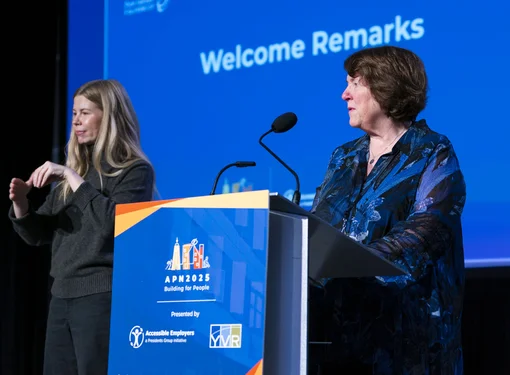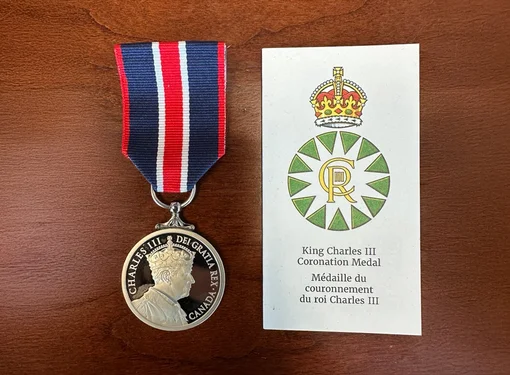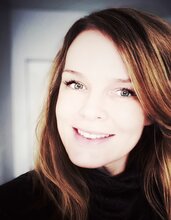Why Disability Representation Deserves the Spotlight
It’s a ritual. The moment I see a character with a disability on screen, I instinctively reach for my phone. A quick Google search follows because I need to know: Is this actor truly disabled?
This is not a passing curiosity of mine, but a necessity before I can press play on the remote again. Authentic representation matters to me. When "Breaking Bad" introduced us to Walter White Junior, I was thrilled to find out that RJ Mitte, the actor behind the character, had cerebral palsy. His portrayal of Walter White Jr. felt authentic, grounded not in stereotypes but in lived experience. The fact that RJ’s cerebral palsy was milder than his character and that he didn’t use crutches in real life, was irrelevant. What mattered was that his disability didn’t define the character; it was just another facet of who he was — incidental representation at its best. Mitte was chosen for his ability, not his disability.
More recently, I watched "Sound of Metal," a film that struck a different chord. The story of Ruben, a metal drummer dealing with sudden hearing loss, hit home. Like many others, I’ve experienced the frustration of hearing technology failing to discern what I want to hear and what’s just noise, like that relatable scene where Ruben with his new cochlear implants, is visibly overwhelmed by the confluence of loud conversations at a cocktail party.
Yet, despite the film’s depiction of hearing loss, I couldn’t shake a sense of disappointment. The narrative seemed to imply that the only path forward was to abandon the world you knew, learn sign language, and fully embrace the Deaf community. And then there was the casting. Riz Ahmed, an undeniably talented actor without hearing loss, took on the role of Ruben—a character who developed profound hearing loss. I felt a bit betrayed by this choice of the casting director; wasn’t there someone else who actually wore cochlear implants to consider?
Authenticity Matters
It turns out I’m not alone in caring. In 2023, the Valuable 500, which is a global business initiative focused on increasing disability inclusion in the workplace, in collaboration with Open Inclusion and Yale University, released a research study titled "Nothing About Us Without Us: The Path to Sustained Progress and Accountability in Inclusive Disability Representation." The findings were clear: Authenticity in representation is crucial. A significant 76% of respondents said that casting actors with disabilities was important, while 78% emphasized the necessity of presenting authentic narratives.
The report shed light on problematic industry practices like "Cripping Up," where non-disabled actors portray disabled characters, and "Hear-Washing," where hearing actors are cast in Deaf roles (hello, Sound of Metal). These practices not only dilute the lived experiences of people with disabilities but also perpetuate harmful stereotypes. The line between performance and reality becomes blurred, and the wealth of talent among disabled performers is often overlooked.
As of 2020, in the 93-year history of the Oscars, 61 nominations went to actors portraying characters with disabilities, with 27 taking home the award. But only two of those winners had a disability. Troy Kotsur, who won an Oscar in 2023 for his role in "CODA," was a rare exception— it was the third time a disabled actor has received such recognition. And then there’s the story of Adam Pearson, passed over for the role of Joseph Merrick in a BBC adaptation of "The Elephant Man," despite having a personal connection to the condition Merrick had. The role went to a non-disabled actor.
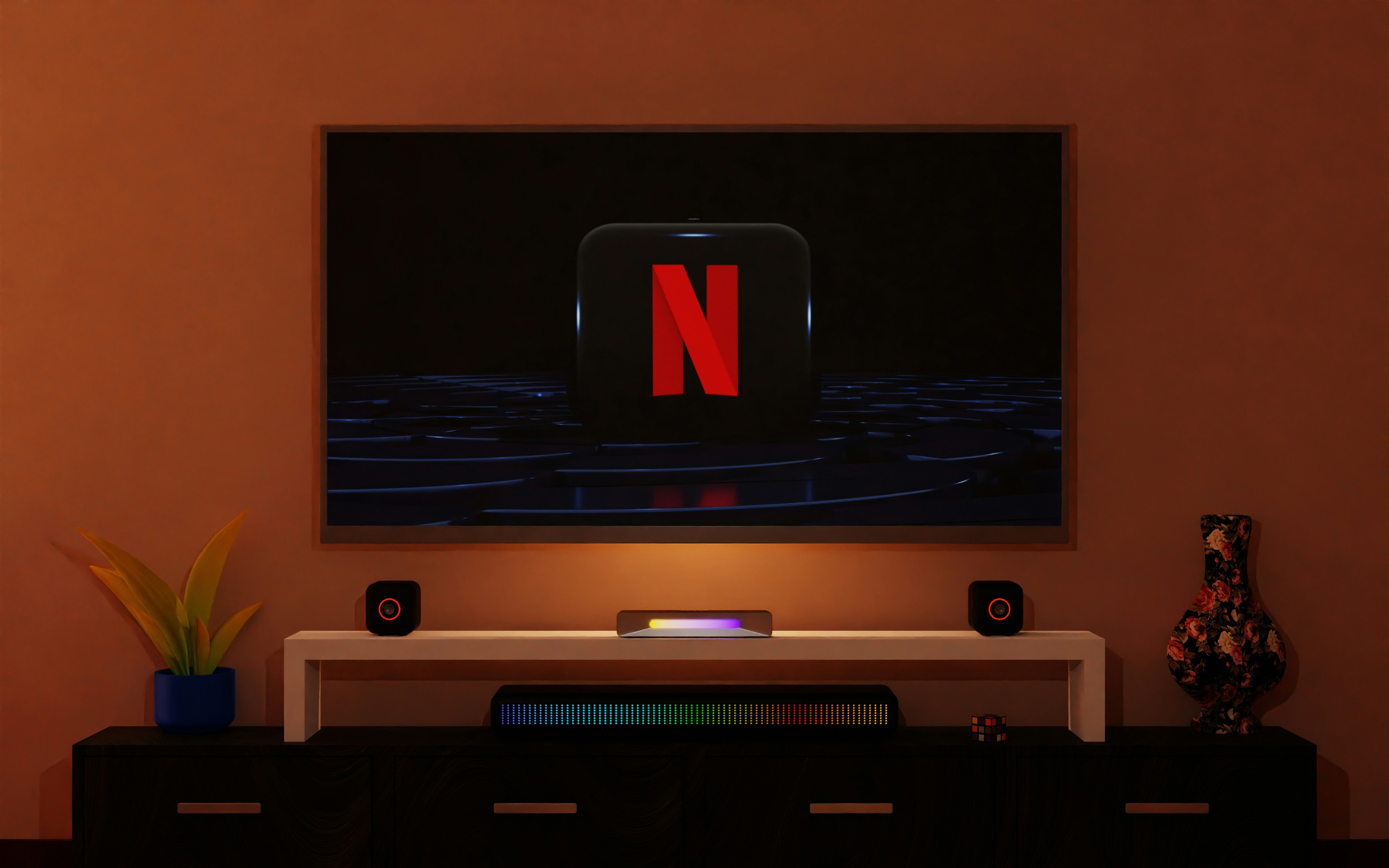
All Part of Disability Inclusion
The numbers are telling. According to the Ruderman White Paper on Authentic Representation in TV, in the top 100 films of 2019, only 22% of characters with disabilities were portrayed by actors with disabilities. It’s a reminder of the work still needed to ensure that disabled actors are given the opportunity to portray both disabled and non-disabled roles, bringing authenticity to the screen.
As Tarryn Tomlinson, a participant in the Valuable 500 focus group from South Africa, noted, "It’s so extremely important that there is a true representation on television, as you would [see] outside in the world. Where there’s variance, there’s difference. It’s important that people see themselves represented for social cohesion."
The barriers that exist in the entertainment world are the same ones that people with disabilities encounter daily – exclusion from the places where we live, work, learn, and play. As there is a push for more genuine portrayals of disability in the media, we must recognize that these efforts are part of a larger movement toward a more accessible and inclusive world.
